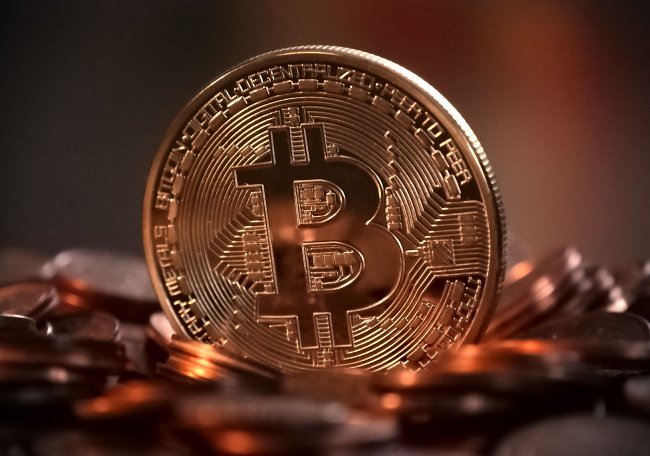Hurdles that impede the flow of cross-border transactions have created cryptocurrency price gaps of more than 40 percent between Korea and other countries, researchers from South Korea’s central bank said Tuesday.
The Bank of Korea researchers added that the underlying factors were unlikely to disappear in the near future, meaning the so-called “kimchi premium” is likely to endure for some time.
The term “kimchi premium” refers to the gap in cryptocurrency prices on South Korean exchanges for cryptocurrency assets such as bitcoin, ether and ripple compared with foreign exchanges.
 |
(Herald DB) |
The phenomenon stems from a lack of trade engagement from mainstream financial institutions, the additional cost of transactions due to the low scalability of the blockchain system, and delays in processing transactions in cases where Korean cryptocurrency exchanges experience server overload, the researchers said.
These factors prevented an elastic increase in the supply of cryptocurrency assets from foreign traders’ arbitrage through Korean exchanges, Kim Dong-sup, an official with the BOK’s payment systems research team, told reporters. Such an increase in supply would otherwise have met the increased local demand for cryptocurrency assets from late 2017 through early 2018, Kim said. The press briefing was based on a BOK research paper that provided figures for the period from July 2017 through May 2018.
“If Korea sees a similar upsurge in crypto asset demand in the future, the price gap (between won-denominated crypto assets and US dollar-denominated ones) will widen again,” Kim said.
In addition, the report said, the $50,000 annual cap on cross-border transfers of money by foreign traders and the requirement as of January that traders use their real names have impeded the entry of foreign traders.
Kim said it was unlikely that there would be any relaxation of the regulations, which were introduced to prevent money laundering and tax evasion, adding that the real-name trading policy had quelled local demand.
The gap between the Korean price of the popular cryptocurrency bitcoin and the world average, denominated in US dollars, widened to more than 40 percent in July 2017 and again in January this year. As of Tuesday around noon, the price of bitcoin was 1.5 percent higher in Korea than the world average, according to data compiled by Bithumb, Korea’s largest cryptocurrency exchange in terms of trade volume, and by global coin price tracker CoinMarketCap.
By Son Ji-hyoung
(
consnow@heraldcorp.com)




![[Weekender] Korea's traditional sauce culture gains global recognition](http://res.heraldm.com/phpwas/restmb_idxmake.php?idx=644&simg=/content/image/2024/11/21/20241121050153_0.jpg)



